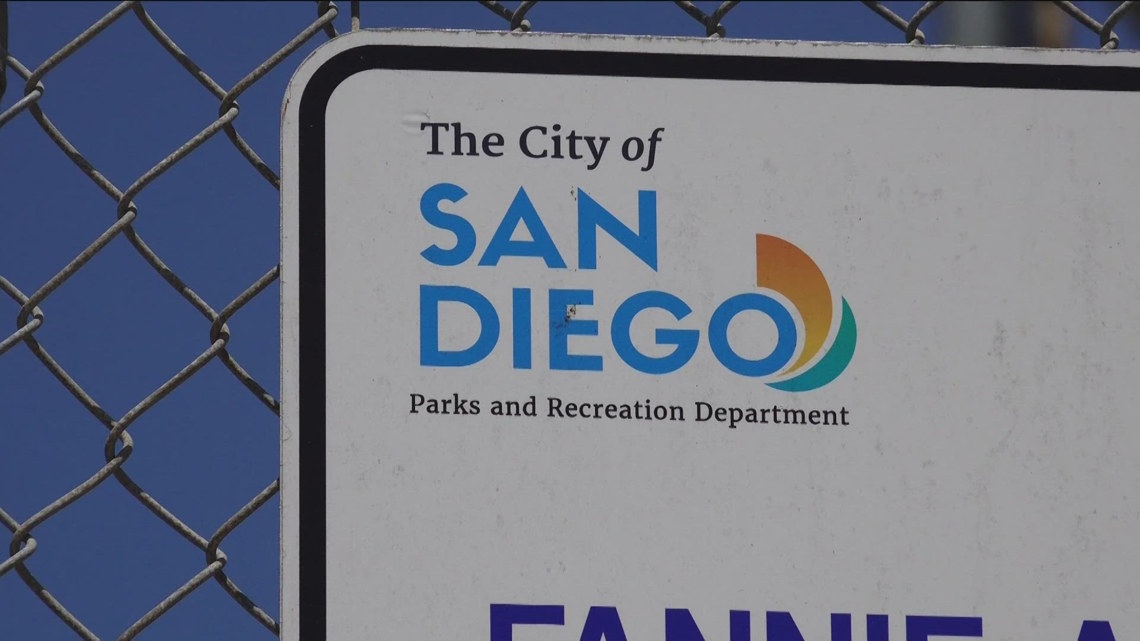Organizers say some fees nearly tripled, hurting many San Diegans who are looking for social connections and exercise.
SAN DIEGO — Adult sports leagues in San Diego are facing significant fee hikes for the use of city facilities, leading to concerns that many participants may be priced out of playing. The San Diego City Council recently voted to increase fees by up to 200 percent in some cases, far exceeding the initially recommended 19 percent increase.
“When there’s for profit companies using city facilities, they should be treated differently,” said Council President Joe LaCava. “They should not be subsidized in their work.”
The decision, which passed 8-1 with Council Member Vivian Moreno dissenting, has led to dramatic increases in field use fees. Adult in-season field use without lights has jumped from $111 to $317 per team, while lit fields have increased from $138 to $393.
Kevin Hellman, who runs San Diego Softball leagues, expressed concern about the impact on players. “We’re going to have to raise fees to almost 900 a team. People aren’t going to be able to pay it when they can’t pay for gas and food,” said Hellman.
The fee increases are expected to generate nearly $1 million for the city’s general fund, as San Diego faces a $258 million budget deficit. However, league organizers argue that the burden is disproportionately falling on recreational sports.
“While the city might think we’re making boatloads of money as I’ve told several council people, I will give you my tax return. You’ll see what I made,” said Hellman, emphasizing the financial realities of running these leagues.
The impact extends beyond softball. Dan Palenchar founded Life’s a Beach Volleyball Club, which organizes donation based beach volleyball clinics. He highlighted the importance of accessible sports programs. “Our mission statement is to make beach volleyball approachable to everyone so in service of that mission, we get every type of person to show up… we’ve had from 11 to about 70 years old,” said Palenchar.
Organizers stress the broader benefits of these programs beyond recreation. “Physical health, mental health, social health, these are what we offer and we’d like to think that the city is interested in promoting businesses that offer that to their constituents and we’d love to work more closely and formally with them to expand on that mission and whatever their missions are as well,” Palenchar said.
As the city grapples with its budget challenges, the future of affordable adult sports leagues in San Diego remains uncertain, leaving many participants and organizers concerned about the long-term impact on community health and social engagement.
